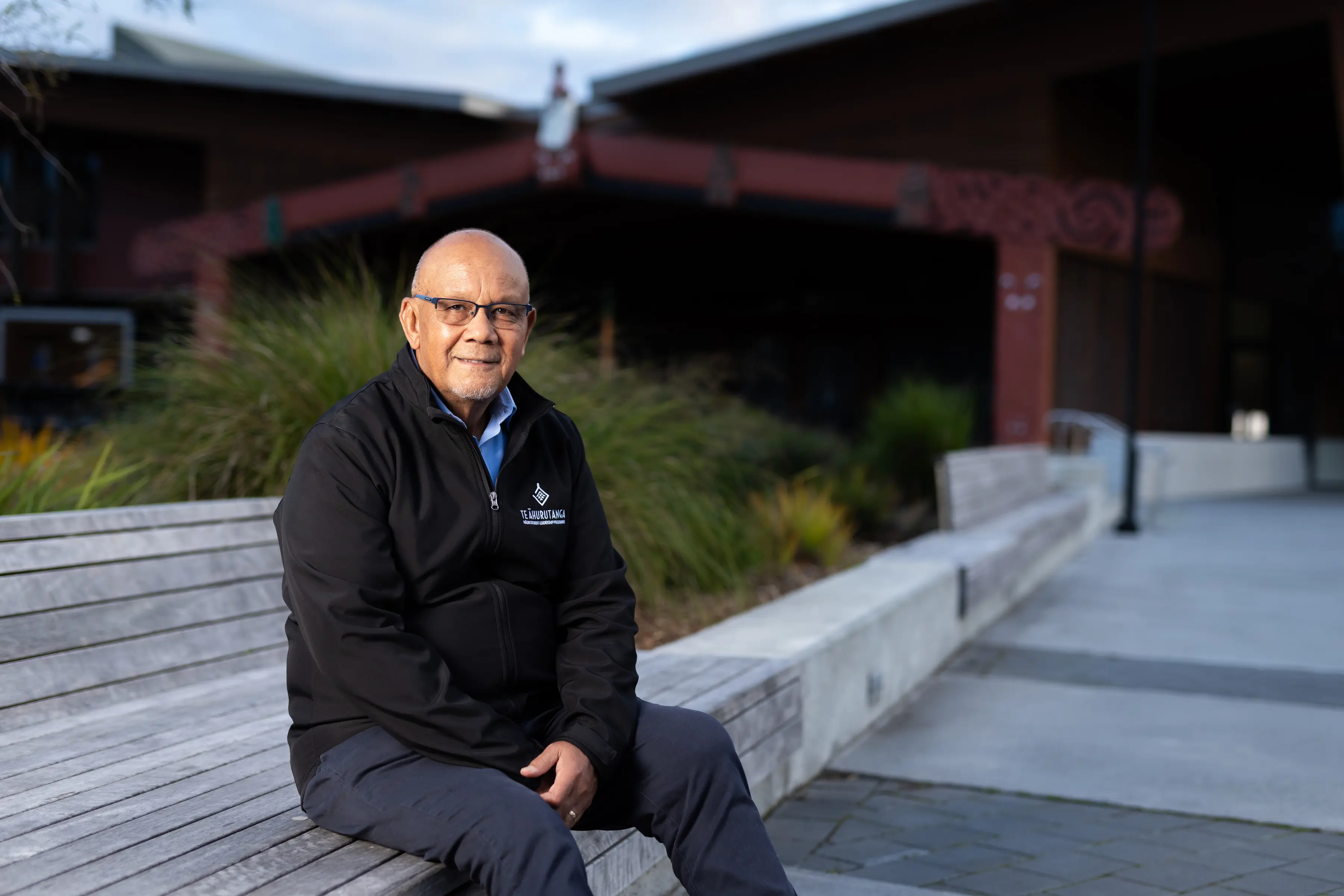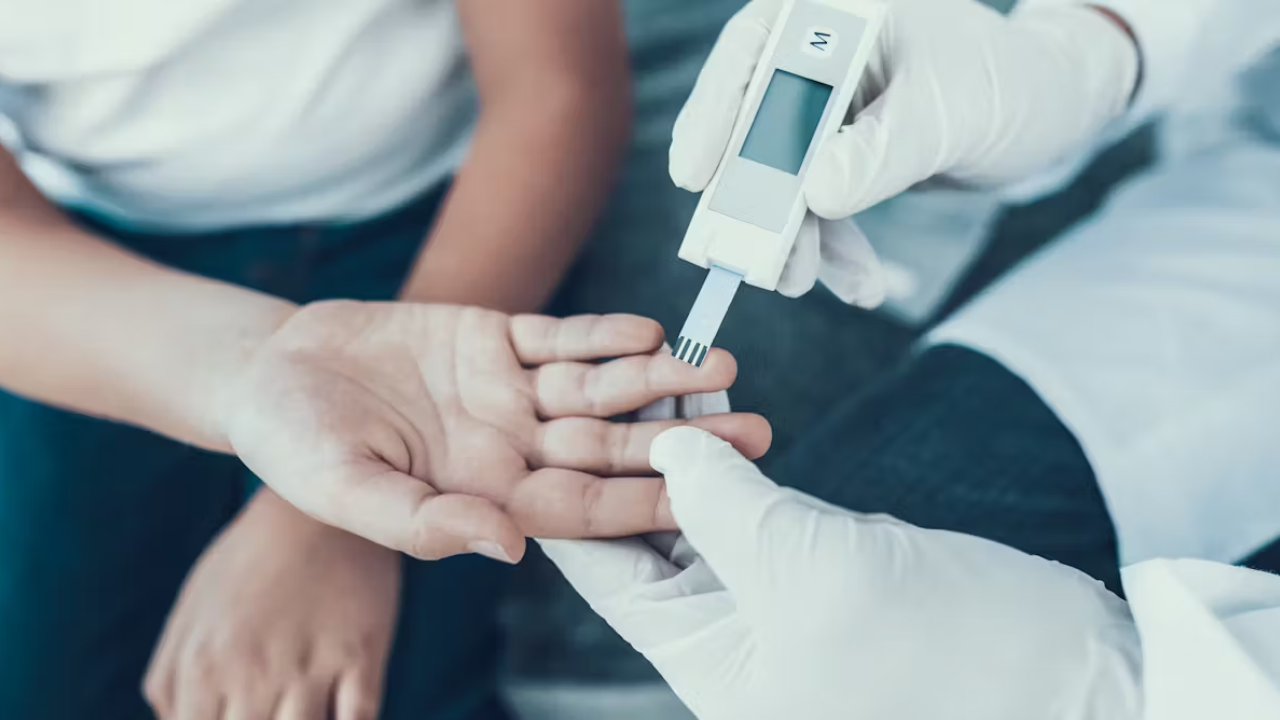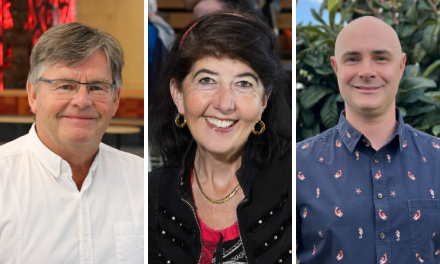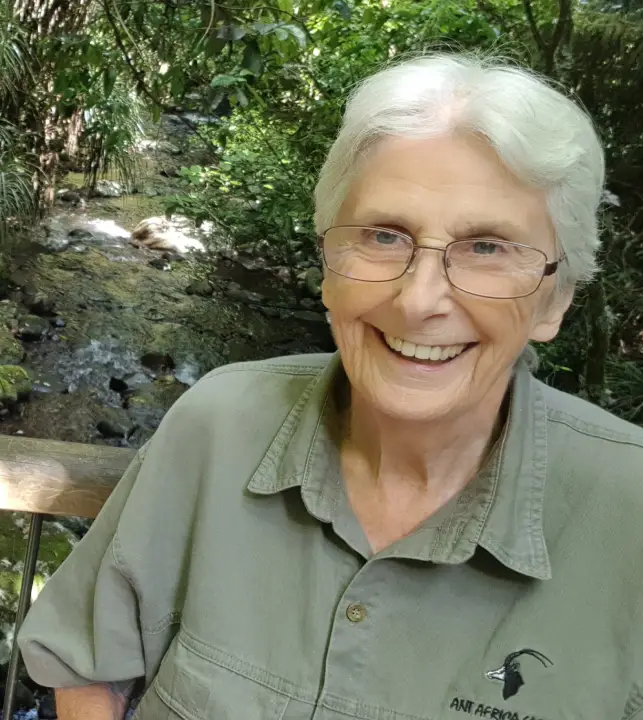What makes women exercise and play sport, and Māori and Pacific women in particular? Mihi Nemani (Ngātiwai, Samoan) is researching this question for her PhD.
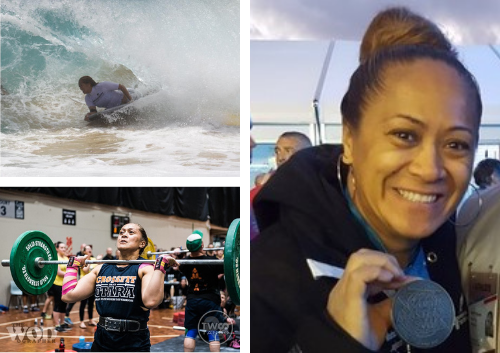
University of Waikato alumna Mihi Nemani
A high-achieving sportswoman herself, Mihi has a Sport NZ PhD scholarship to carry out her doctoral research and hopes that what she learns will help shape policy and assist practitioners in their future programme delivery.
“I’ve been very lucky to have had the opportunities to do so many different things in sport,” Mihi says. “It concerned me that young wāhine were not as active or were portrayed as not as active in Sport New Zealand statistics, and yet we do know that many Māori and Pacific women have made the decision to be physically active. So I’m taking a strength-based approach to my research, finding out what urban wāhine are doing to keep active, why they’re doing it and what enjoyment they get from it.”
Mihi has run focus groups and individual interviews with young wāhine in the lower socio-economic centres of Porirua and South Auckland, using an Indigenous feminist viewpoint. She’s still collating and analysing her data, but says some things already are clear. “It’s important to value these women and their time by creating a safe space where they can be themselves. It needs to be easy for them to participate. For example, they may need to be picked up or dropped off, and patience and empathy are important as often they have other commitments and cultural pressures, perhaps having to suddenly cancel because of school or family obligations due to working parents.”
Mihi grew up in Otara and completed her secondary schooling as a boarder at Church College at Temple View just outside Hamilton. She’s a self-confessed beach-bum, largely thanks to her late Māori Dad, a knee-boarding cousin and a late grandmother who lived by the beach, but she didn’t compete in bodyboarding until she was studying for a Bachelor of Sport Science at Brigham Young University, Hawai’i (BYU-H).
Recruiters from BYU-H had visited Church College when Mihi was a senior, thinking about her future, and she and her friend said, “Why not? Let’s go”, and they did. “I knew I wanted to work in sports somehow. I thought I’d be a personal trainer,” Mihi says.
While studying for her four-year degree, friends convinced her to enter a BYU-H bodyboarding competition. She was the only female and she came fourth. “I didn’t mind getting smashed in the big waves. I’d laugh. It was so much fun. I’d go to watch the pro-women on the North Shore, and I had Hawai’i mates who did bodyboarding too, so it was a good training ground.” So good in fact, that when Mihi graduated from BYU and returned to New Zealand she entered bodyboarding nationals, came first and was selected to go to the World Surfing Games. Something she’d do three more times in 10 years.
But back in New Zealand as a new graduate, Mihi had to get a job. Any job. Her first was at a seat belt factory, but she quickly moved on to the Otara Recreation Centre gym and found herself busy but enjoying the work. “I did a bunch of different things: working in the gym, leading a kids’ basketball programme, taking group fitness classes and a women’s weight loss programme. I’d take them snowboarding, ice skating, waka ama, even though some of them were old, and we did Latin American and ballroom dancing. It was a fun programme.”
The Manukau Institute of Technology (MIT) based its School of Sport in the Otara Centre and when they learned of Mihi’s sporting background, that she had a degree and knowledge of anatomy and physiology, they offered her a teaching job. “That was really a transition point for me. I was weighing up two other job offers at the time, one managing an arts centre, and another managing a gym. I chose MIT.”
That was 23 years ago. She’s still at MIT, a principal lecturer. “And I still love it,” she says. She has also completed a Master of Sport and Leisure Studies (First Class Honours) at the University of Waikato and lectures part-time at Waikato in Te Huataki Waiora School of Health.
That she came to study at Waikato was a bit of fluke. “I’d started studying for my master’s at another university and a paper I wrote was accepted for a conference in Hawai’i. Of course I was keen to go back to Hawai’i to present it.” It happened that Professor Bevan Grant, a prolific researcher in areas of sport and leisure from the University of Waikato, was in the audience and heard Mihi’s talk. “I remember he said, ‘you’re doing the wrong degree’. He said, ‘We need people like you here’.”
So Mihi switched and she’s very glad she did. Her masters research focused on the experiences of New Zealand bodyboarders looking at gender and ethnicity in leisure sports and how Māori and Pacific women engage in that – their different experiences, being in a minority sport, where women are a minority and ‘brown’ women even fewer. “I was still competing at the time and experienced first-hand certain situations that I could easily identify with in my research.”
During this time she and her husband, fitness instructor and former Niuean weightlifter and powerlifter Danny Nemani, owned and ran a CrossFit gym in Otara, and Mihi took up weightlifting, winning a master’s world title. But it’s in the water Mihi’s happiest and once she’s wrapped up her PhD, she hopes she’ll find time amongst her busy teaching schedule to get back in the water.
